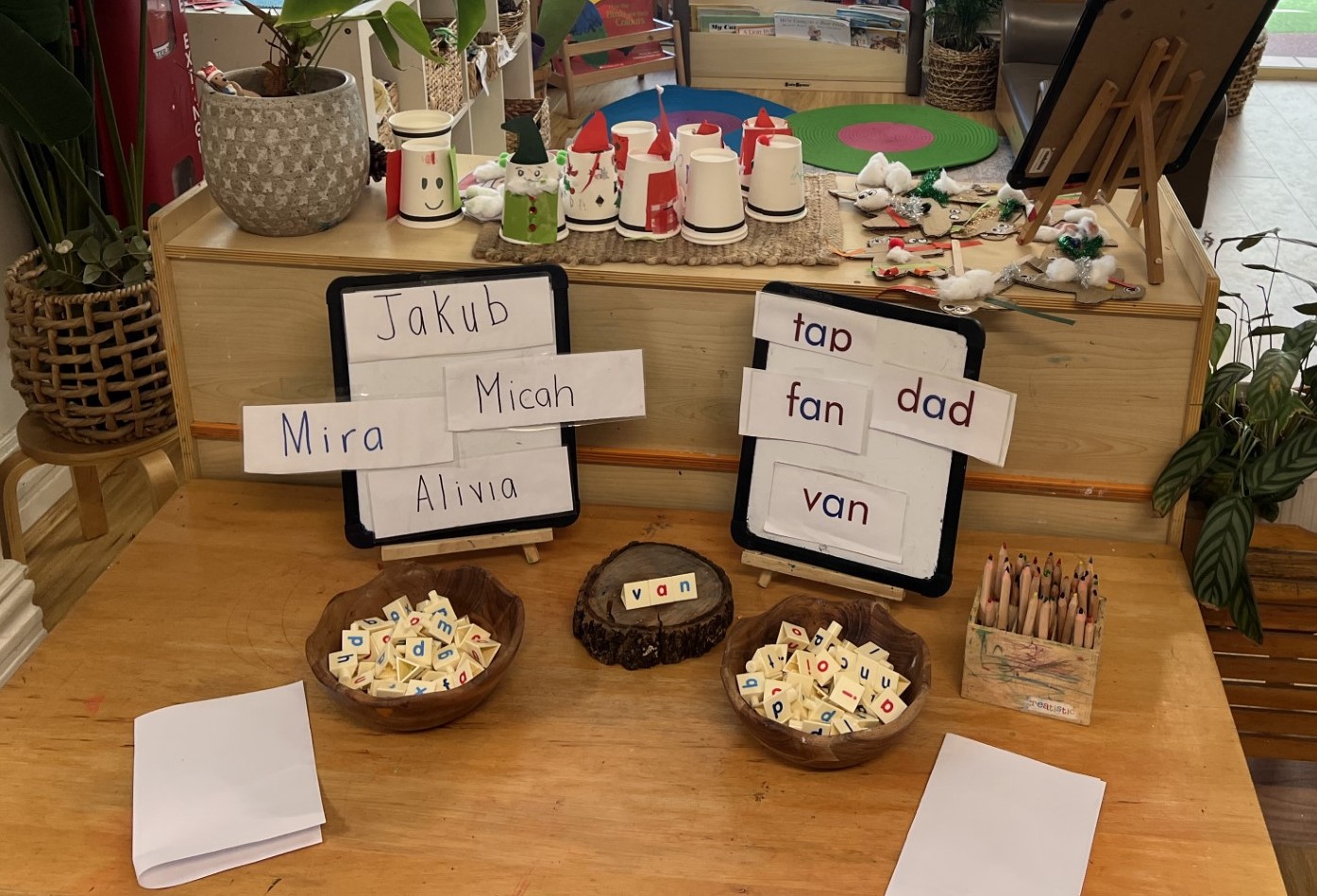
Deciding on whether your child is ready for school is a big decision especially in Australia where children can either start at four and a half or almost six years old. Children who are ready will usually show a mix of social, emotional, physical and academic readiness and that will help them succeed in school. Here are some key questions and ways you can prepare your child for school:
Social Readiness
Emotional Readiness
Physical Readiness
Academic Readiness
Above are just a few ideas to help your child get ready for school. If you are still unsure whether your child should start school or not, consider discussing your child with your early childhood educator, a paediatrician or your child’s local school. They can provide additional insight based on your child’s unique needs and development.
Written by Alice Bannerman
